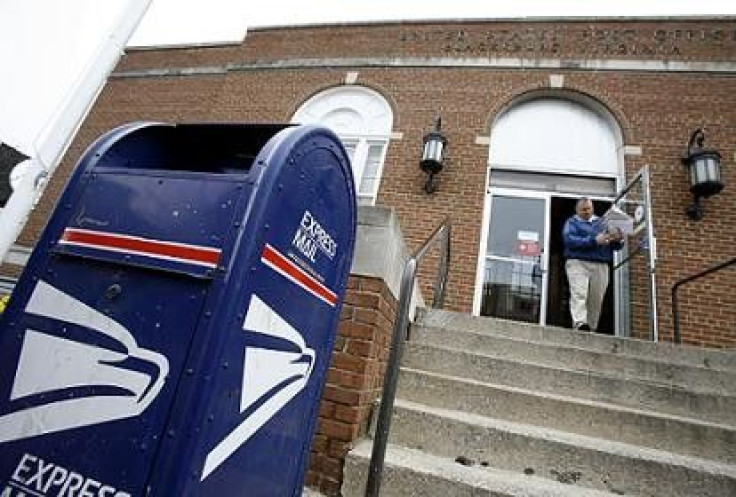Will Your Local U.S. Post Office Be Closed Soon?
Analysis

Talk about a complex stance toward a government service: Americans have a duplicitous stance toward the U.S. Postal Service.
Ask an American if the U.S. Postal Service should close post offices that have continually lost money, and most will say yes, as part of a plan to help the Postal Service balance its books.
But ask an American if the Postal Service should close a money-losing post office in their town, city, or county, and most will say "No way."
Post Offices: Hard to Close
However, at least for now, the question remains moot. Here' s why: the Postal Service cannot close a post office solely because it loses money!
You read correctly: even if a post office loses money, that's not enough to close it. Imagine if that standard was applied to the private sector? A company loses money at a store for years, there's no chance of it becoming a net revenue generator, but it keeps it open anyway. For most businesses, that's a sure ticket to bankruptcy.
Those on the other side of the post office issue would argue that the Postal Service's mission differs from a private corporation's, and this will also be reflected in its net revenue.
Lawmakers Love Their Local Post Office
However in era when the dominate political mood is "downsize the federal government," "cut federal spending," "balance the budget," and "eliminate wasteful federal government programs," it's hard to philosophically reconcile keeping post offices that continually lose money open.
But then, you ask, what is keeping all these revenue-negative post offices open?
You guessed it: powerful Congressmen/women. Political power -- including political power wielded by Congressional Republicans- - is a major factor in keeping the revenue-negative post offices open.
And, as one might sense, that creates a difficult picture for certain Congressmen/women: many of this lawmakers are against wasteful federal government programs and inefficiency...but when that waste and inefficiency is in their district, they are very reluctant to vote against it.
Political/Public Policy Analysis: U.S. Postmaster General Patrick Donahoe has recommended closing 3,700 of the almost 32,000 post offices in the United States, and replacing them with "boutique" or "mini-stores" in pharmacies, small stores, and possibly in larger retailers, as part of a plan to balance the Postal Service's budget. The U.S. Postal Service lost $8 billion last year.
Moreover, with revenue declining due to e-mail and other electronic services -- total mail volume fell 20 percent from 2006 to 2010 - the pressure to cut waste and eliminate net-loss services will only increase.
Even so, don't expect Congress to start closing post offices en masse. For certain Congressmen/women, conservative or not, smaller government campaign pledge or not, it is a non-starter, even if that post office is deep in the red. Therefore, look for any plan to eliminate post offices to encounter strong resistance on Capitol Hill.
For post offices, the old Congressional axiom applies: 'It may be a money-losing post office. It may be a totally-inefficient post office. But it's MY post office.'
© Copyright IBTimes 2024. All rights reserved.











